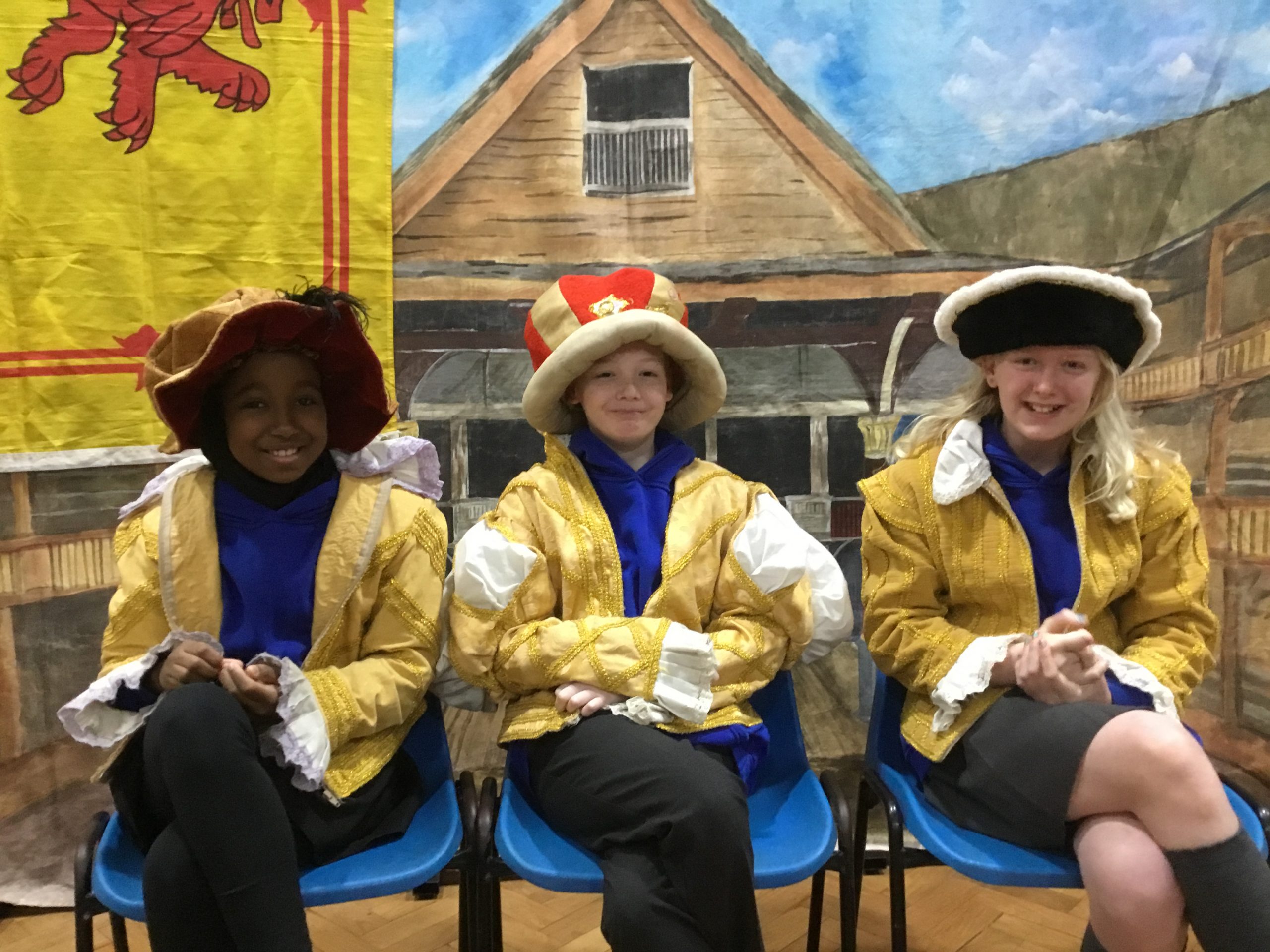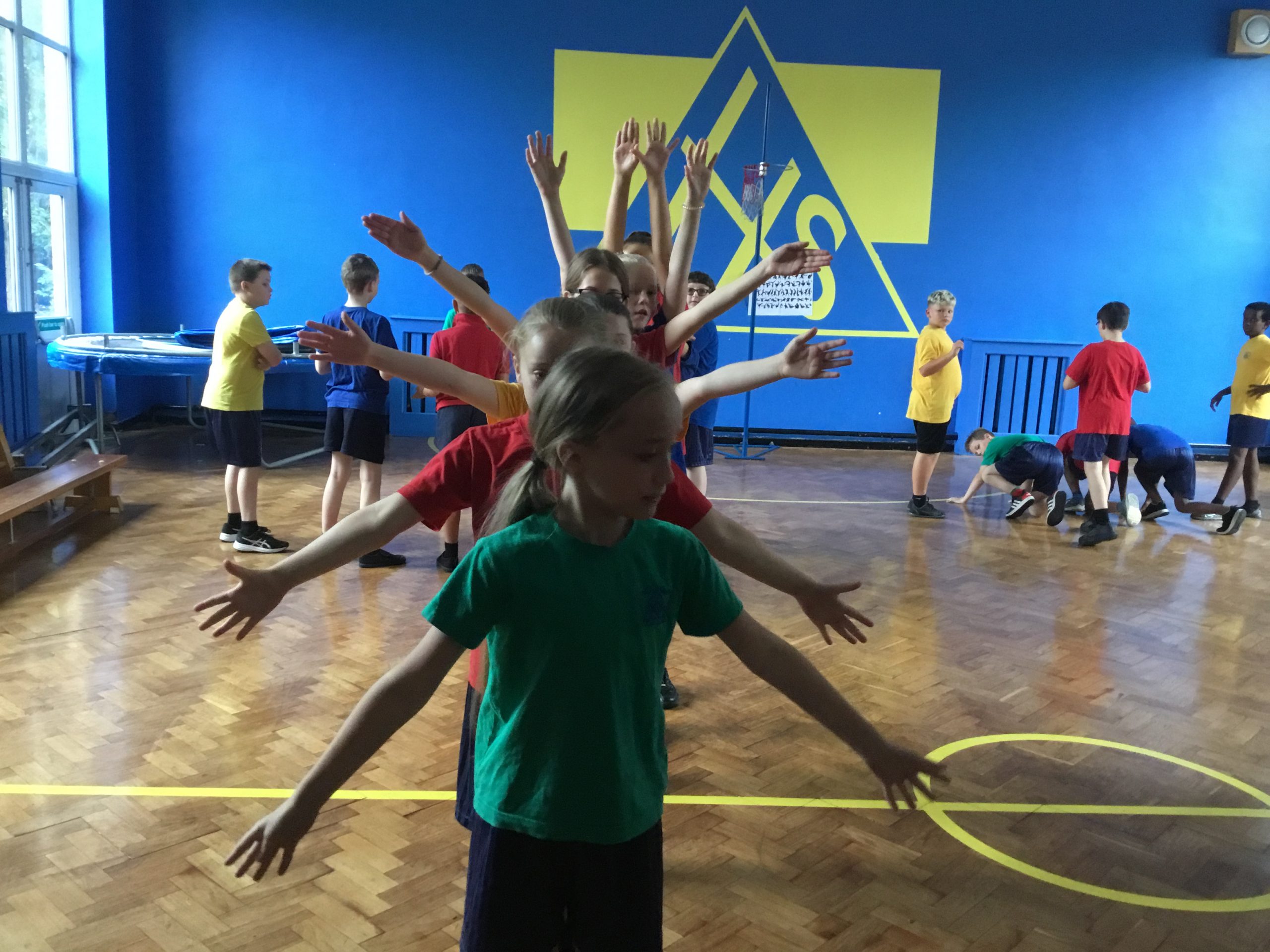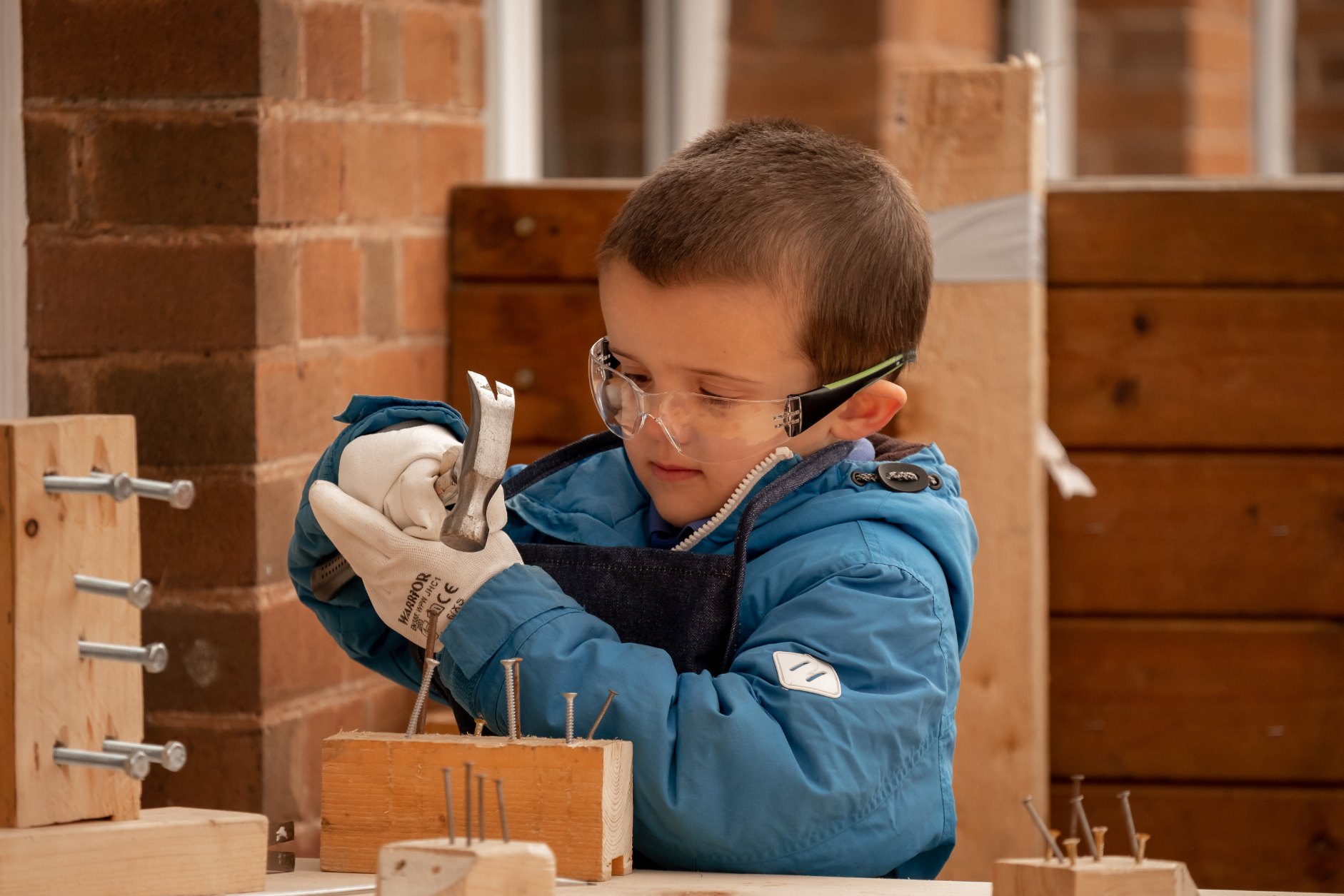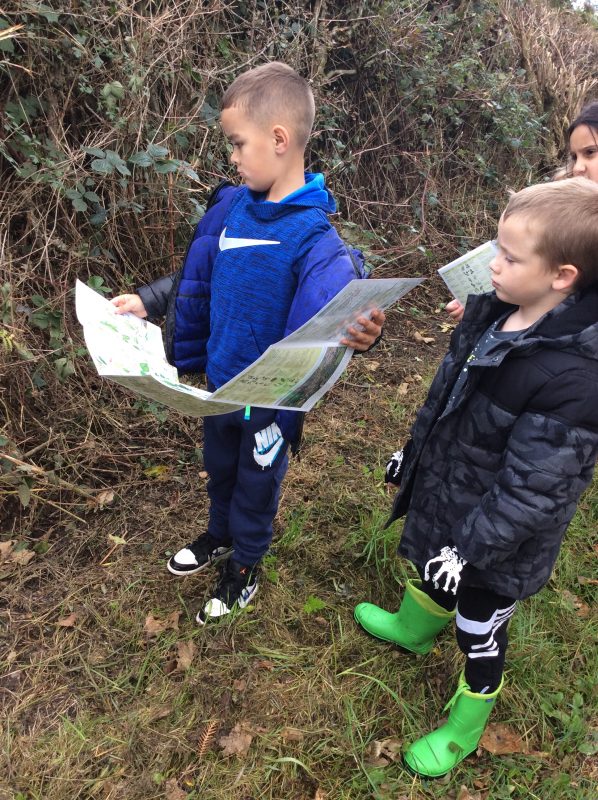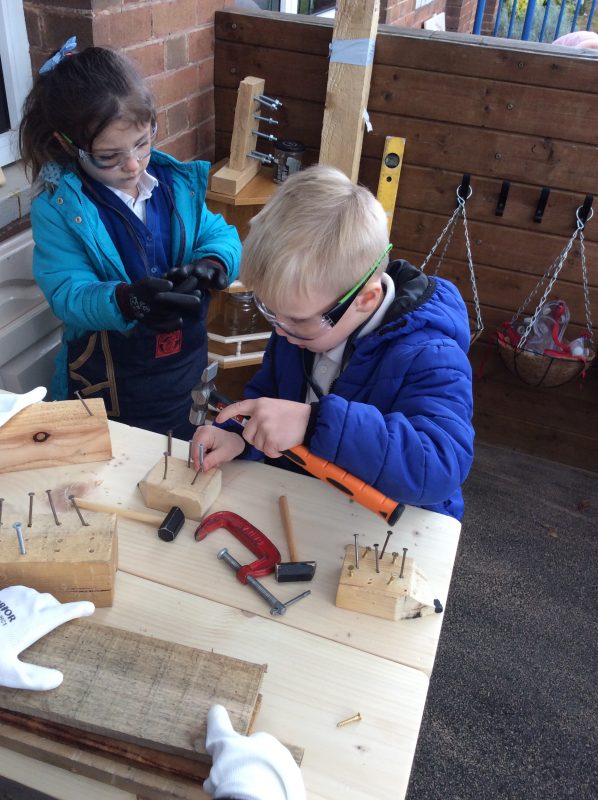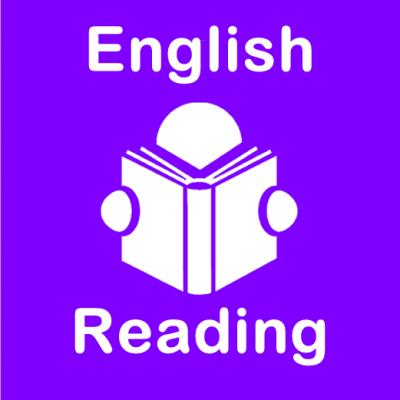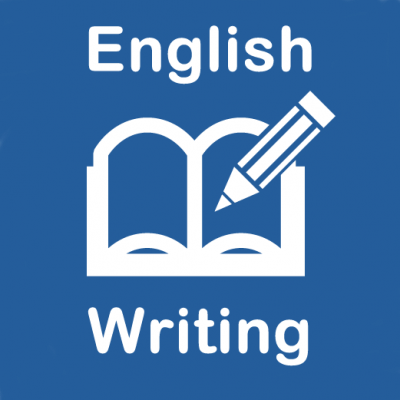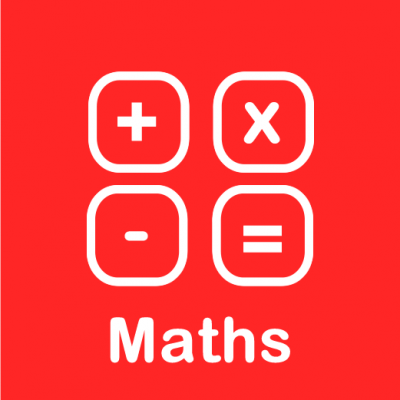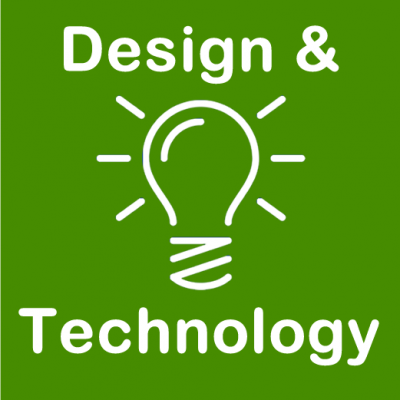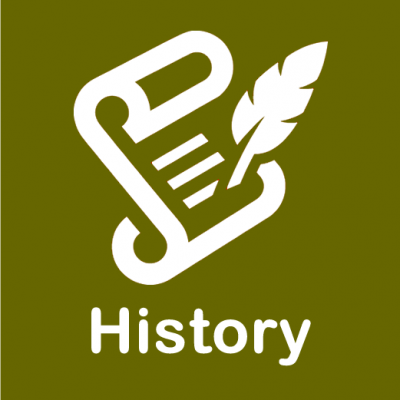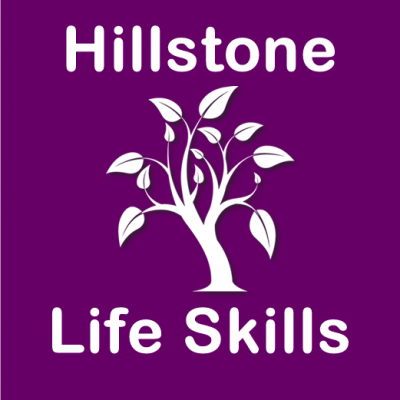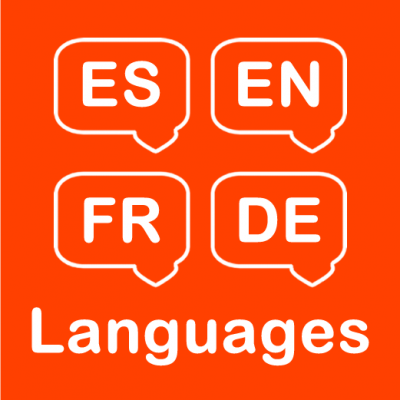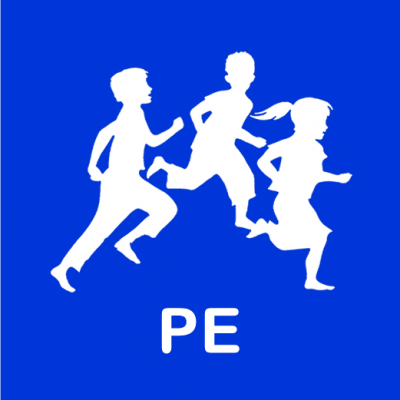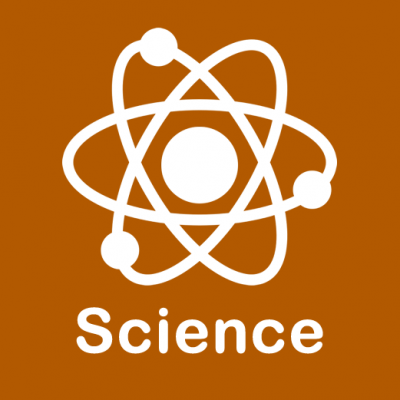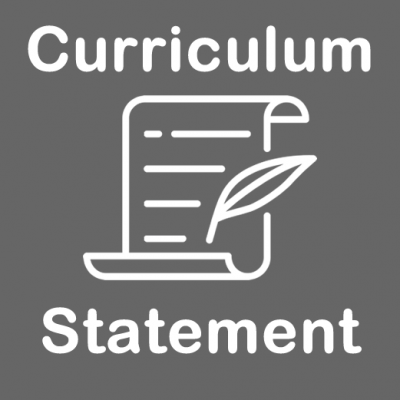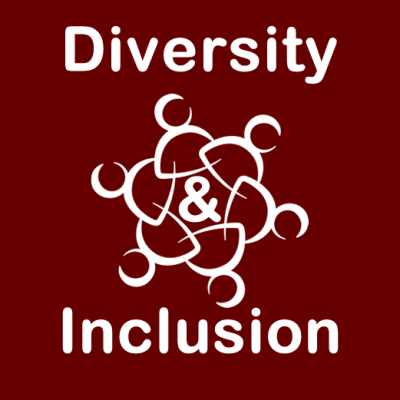
At Hillstone, we offer a broad, active and inspiring curriculum, bespoke to the needs of all our pupils. At its core, it is the National Curriculum – but it is so much more than that. Our curriculum is sequenced so that knowledge and skills build coherently on previous learning. Our academic learning is underpinned by a strong emphasis on oracy and problem solving skills, along with the mental and physical development required to prepare our children for the opportunities, responsibilities and experiences of life beyond Hillstone. This does not just take place within discrete lessons, but throughout all aspects of school life; before and after school clubs, residential experiences, arts projects, sporting opportunities and our food and nutrition projects all work to inspire, care for and educate our children in a way that promotes successful, lifelong learning.
Parents and carers are encouraged to take part in all aspects of school life as we strive to develop citizens of the future that will make a positive contribution to their community, whilst understanding, respecting and celebrating the diversity found within it.
Children at the heart of all we do.
What makes us Hillstone?
Arts Education
As a Platinum Artsmark school, we are committed to the arts playing an integral role to both our academic curriculum and our wider curriculum. We recognise the wonderful impact the arts have on the creativity, resilience and aspiration of our pupils. This is why we have our very own drama teacher, working hard to bring the curriculum to life in the pupils’ weekly drama lessons. Children also have the chance to play a wide range of musical instruments, perform on stage every year and work with the IKON gallery on bespoke visual arts projects.
Physical Education
We strive to ensure our sporting opportunities work to impact every Hillstone child. We offer many extra-curricular clubs, high-quality PE lessons with our Sports Coach and expert teachers, and many opportunities for our children to represent the school as a member of one of our teams. We deliver swimming lessons in our pop-up pool every summer and children even have the chance to engage in a physical activity every morning as part of our breakfast club offer – what a way to start the day!
Outdoor Education
The benefits of outdoor education are immense. Just being outside is known to be wonderful for mental health and because of this, we make good use of our extensive grounds, especially as part of our EYFS curriculum. We pride ourselves on the fact that all children, from years 2 to 6, are given the opportunity to participate in a residential trip. We also collaborate with a local farm to enhance our science curriculum and to develop our Food for Life partnership. You will often find our Young Marketeers working hard in our allotment. They grow produce for our wonderful Chef to use, saving some home-grown fruits and vegetables for their annual market day at the Birmingham Bullring, with all profits going to a local charity.
Aspiration
Aspiration is one of our four school values. We are committed to our children growing confident in the knowledge that they can (and will!) achieve their dreams. One of the ways we do this is through our oracy project with Voice 21; we believe that giving them the foundations to be good communicators is key to future success. As well as this, we have an ongoing partnership with the King Edwards Foundation. We work closely with the foundation to implement a range of trips and visitors for our year 5 pupils that will inspire their future career choices.
Projects
Subjects are taught in an organised and sequential way through our half termly projects. Our well-connected curriculum ensures children can build on previous projects, making links across both subjects and year groups to help them successfully acquire new learning.
The projects have all been carefully chosen to provide breadth and relevance for our children. For instance, ‘Proud to be a Brummie’ teaches the children about the history and geography of the city in which they live, building on learning from our local area project, ‘We Love Shard End.’ Year 1’s ‘Fins, Feathers and Feet’ project takes them to our link farm for the very first time, a visit they repeat three times over the course of their time at Hillstone, working to enhance a great deal of their science learning.
We also run themed weeks across the academic year including ‘Science Week’ and our annual Hillstone Literary Festival.
The Early Years
In the early years, we ensure we are building the very best foundations for future learning.
There are seven areas of learning and development in the EYFS curriculum and they are all important and inter-connected. Three areas are particularly crucial for igniting children’s curiosity and enthusiasm for learning, and for building their capacity to learn, form relationships and thrive. The three prime areas are:
• Communication and language;
• Physical development;
• Personal, social and emotional development.
There are also four specific areas, through which the three prime areas are strengthened and applied:
• Literacy;
• Mathematics;
• Understanding the world;
• Expressive arts and design.
Within the seven areas we provide many creative activities and experiences for children, which involve: playing and exploring; active learning and creating and thinking critically.

